While our preschool program officially begins in the three-year-old classrooms, we begin teaching our children well before they reach preschool age. In the toddler classrooms, we begin to introduce the three elements of our preschool program: learning through play, thematic units and the Creative Curriculum. Learning through play and thematic units are the most heavily emphasized at this point of development. We ensure our children are stimulated and challenged every day to develop the skills they will need to be successful.

Frogs
Between 15 & 18 months – 2 years old
301-530-4526, Ext. 236

Ms. Nirosha
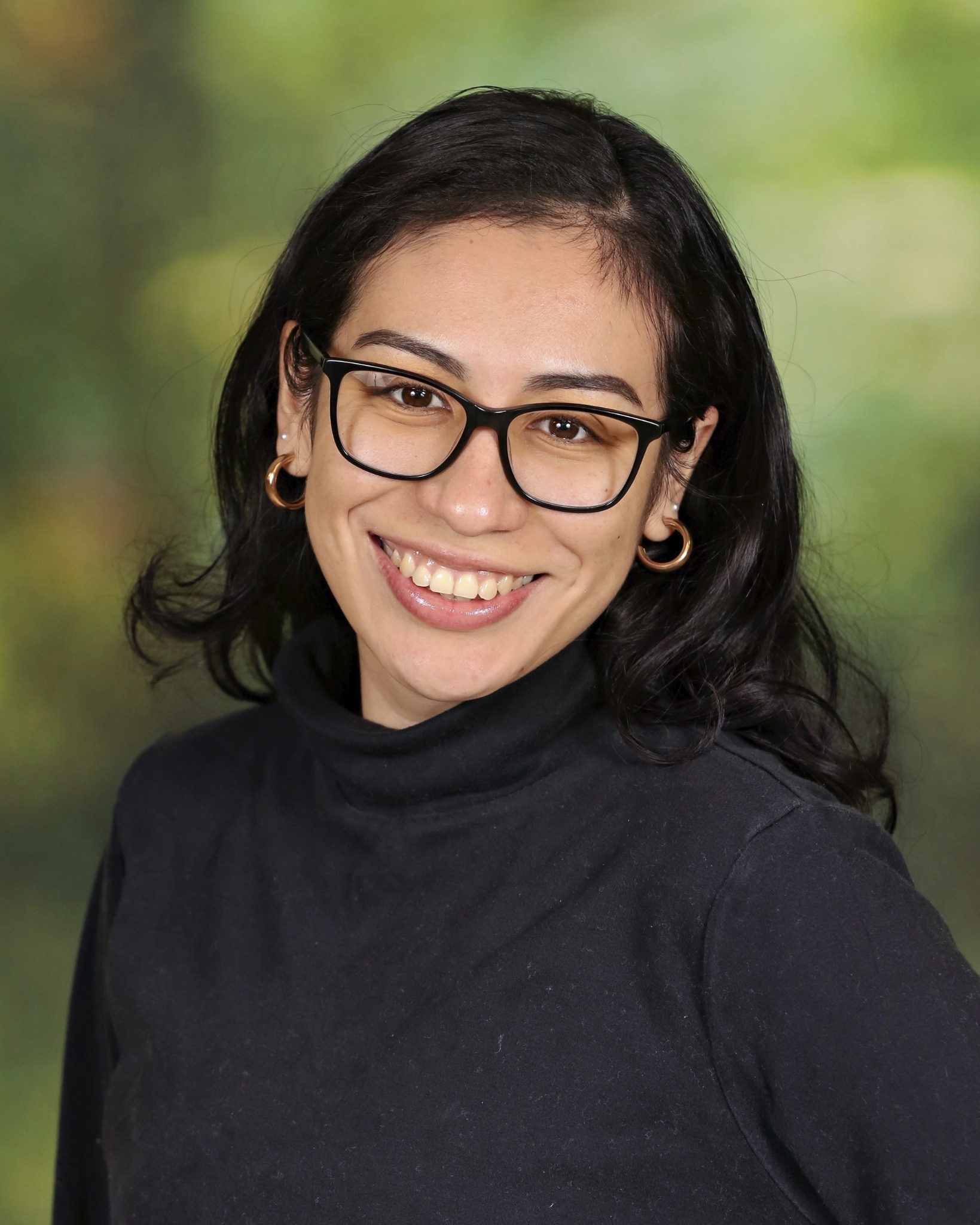
Ms. Belis
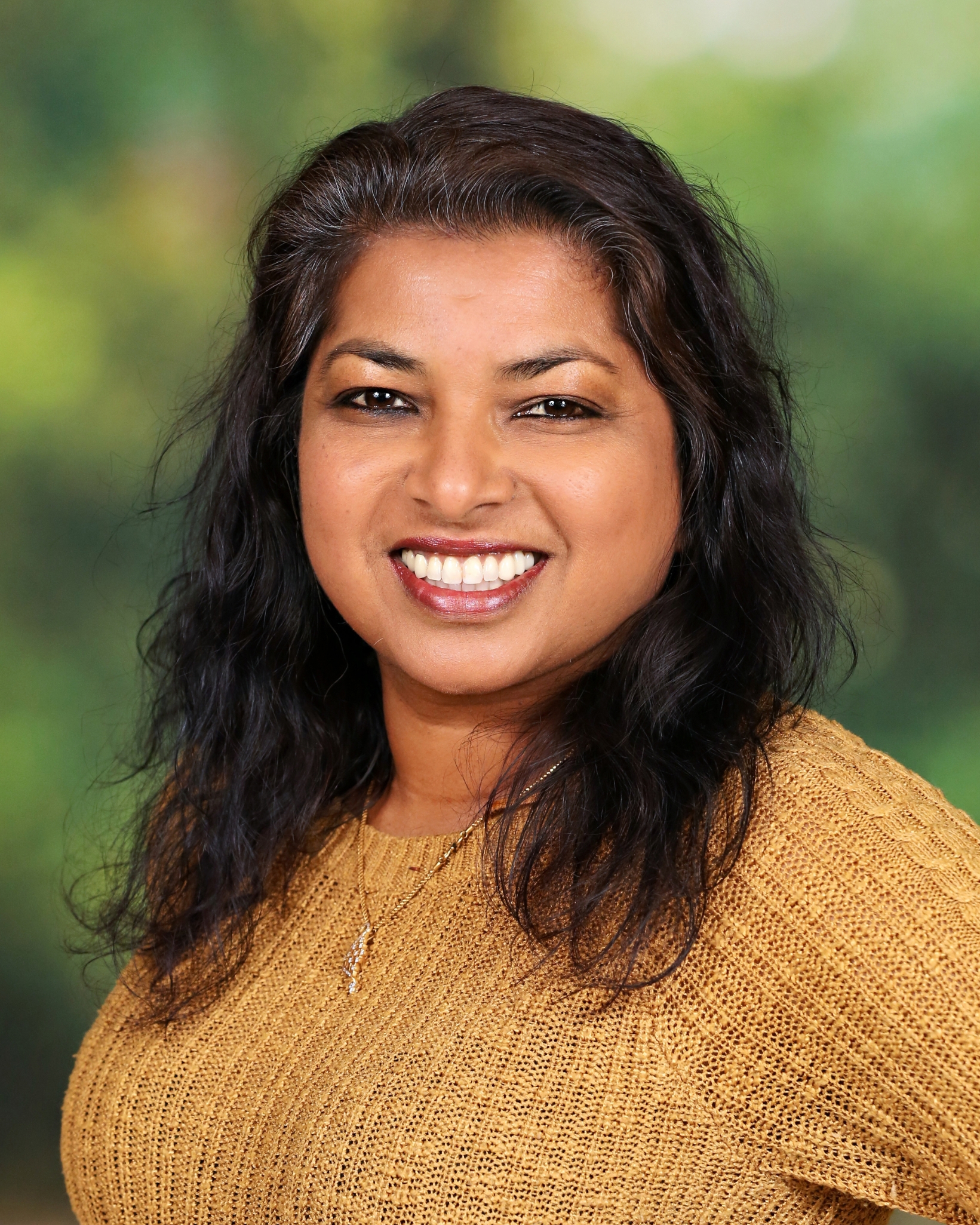
Ms. Chamida
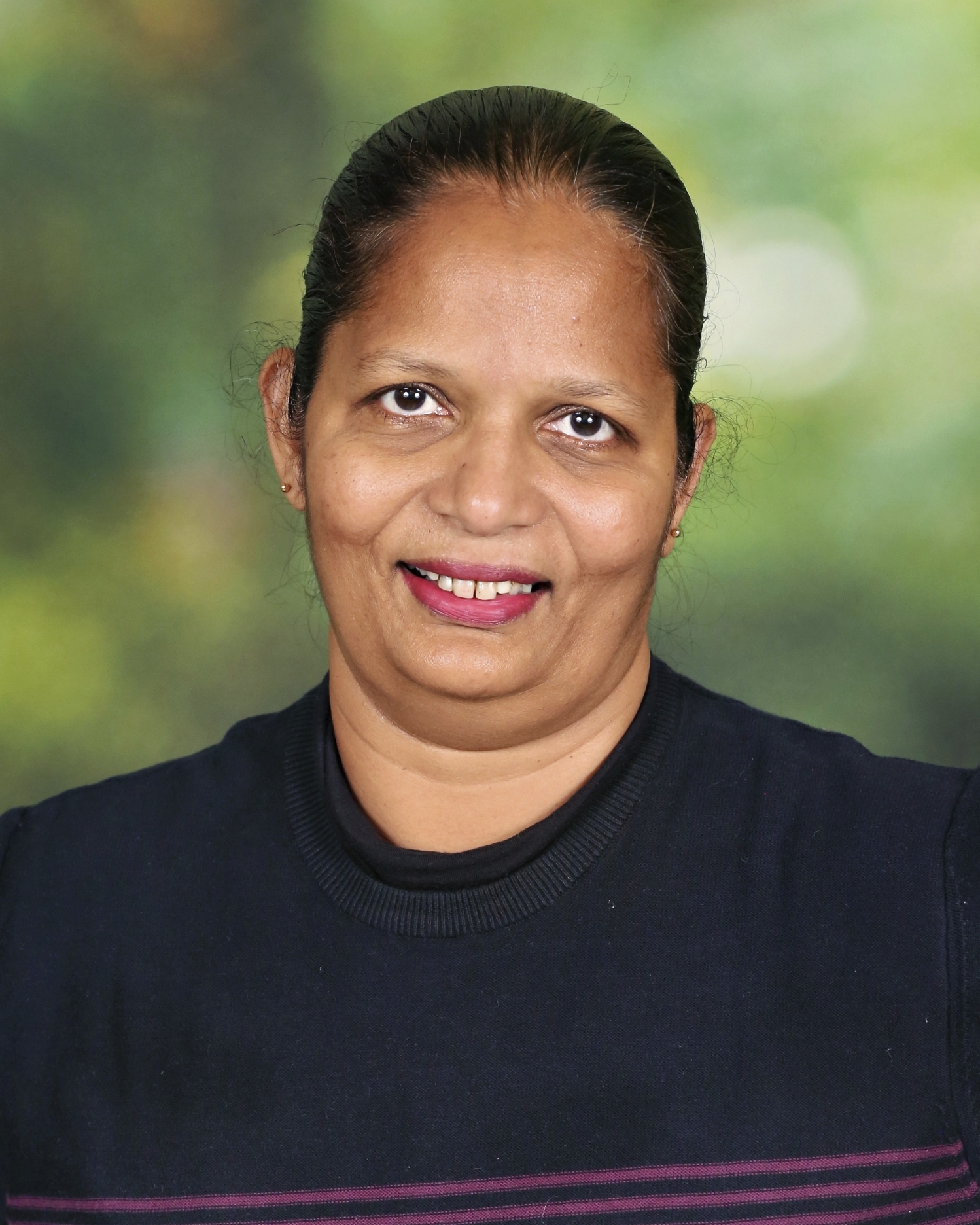
Ms. Pradeepa
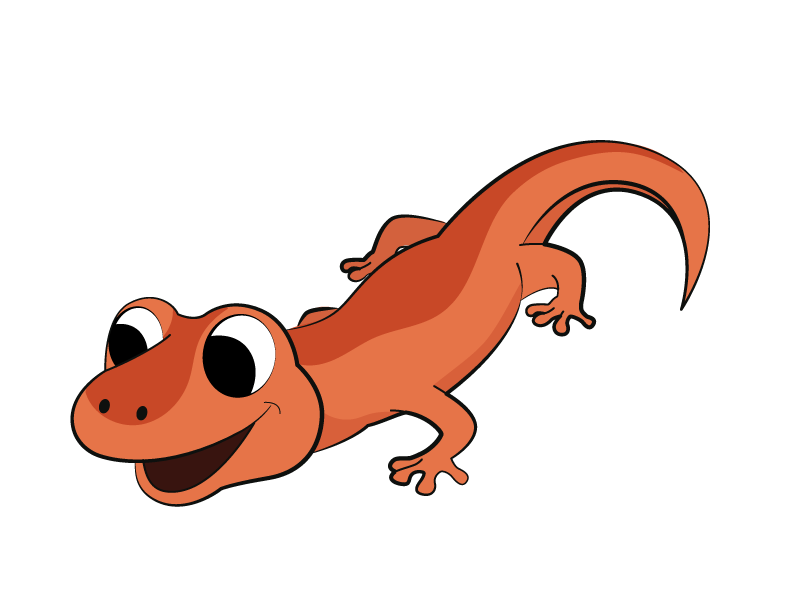
Salamanders
Between 15 & 18 months – 2 years old
301-530-4526, Ext. 236
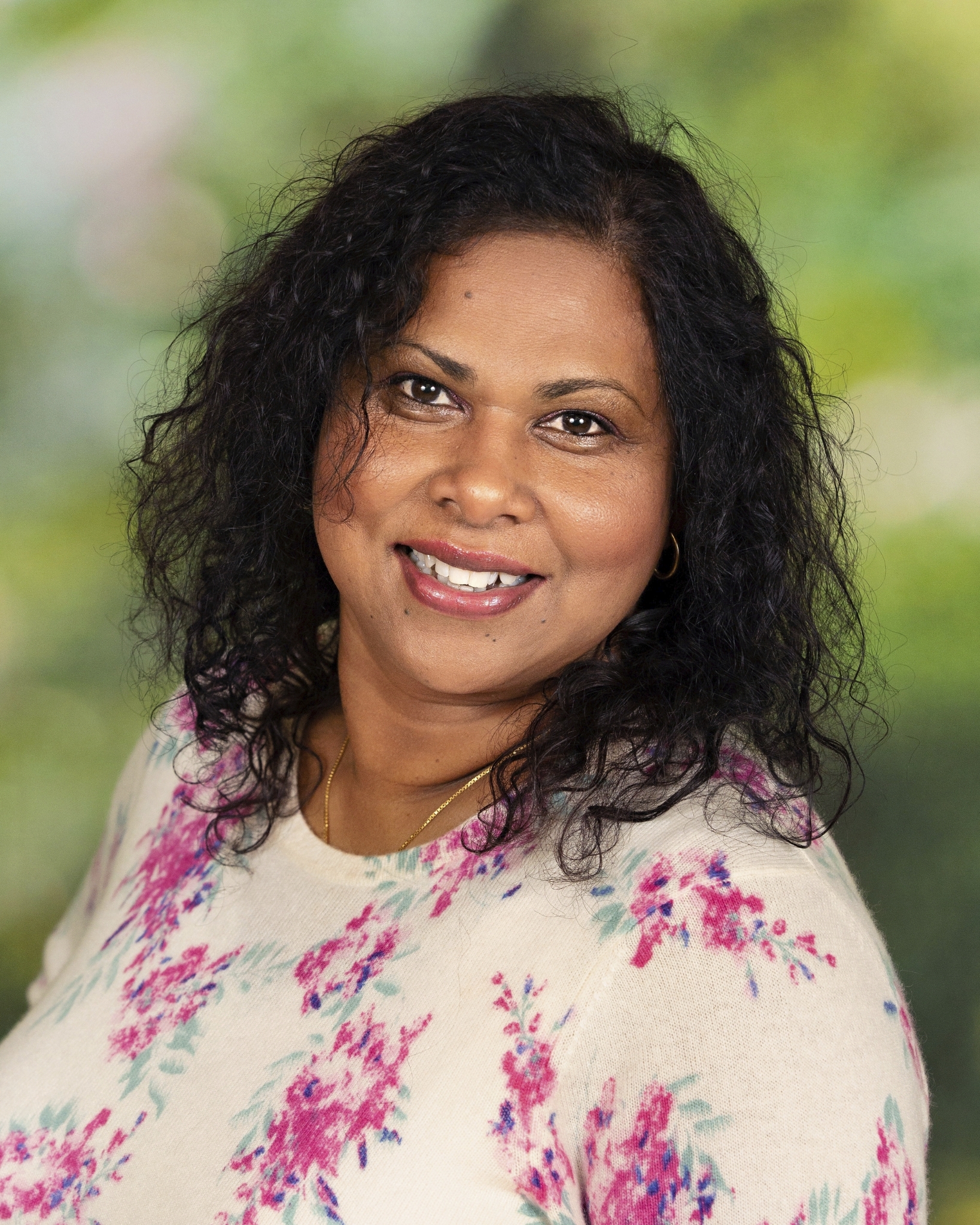
Ms. Dulari

Ms. Monali
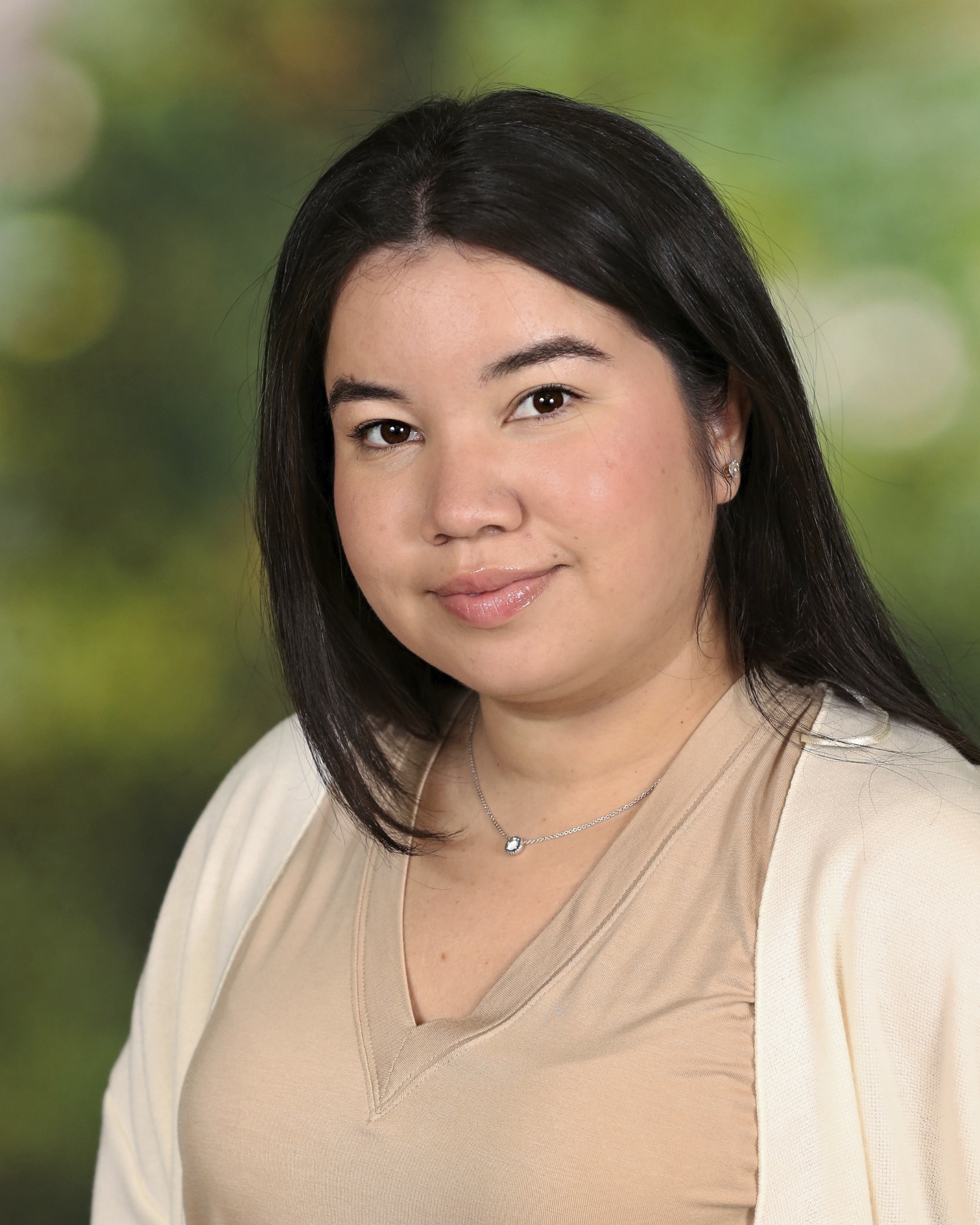
Ms. Karla
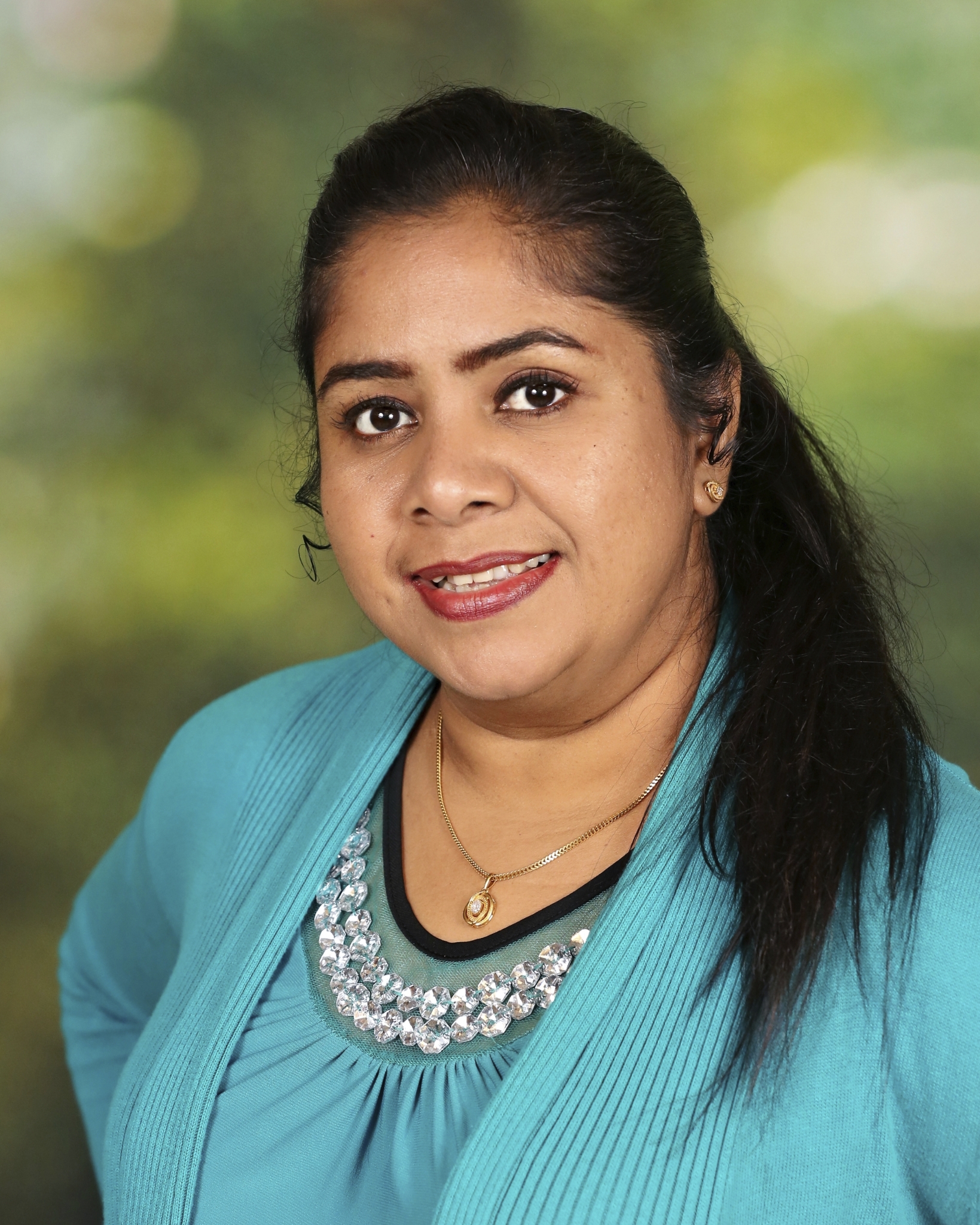
Ms. Nayana
What can I expect in the toddler classrooms?
Children between the ages of 15 months and 24 months are slowly becoming more independent while still needing strong connections with their caregivers. They are curious, lovable, busy, and most of all, adorable! While in the toddler class, your child will go from being egocentric babies, happy to play by themselves, to almost two-year-olds who begin to engage with their peers in interactive play and cooperative situations. This age is monumental for both cognitive and physical development.
Who is in the toddler classrooms?
Children move into the toddler rooms between 15 and 18 months, and stay until around the time of their 2nd birthday, when they transition into the twos classroom. There are 9 children and 4 teachers in each toddler room.
Sign in and out process
Daily diary charts are completed throughout the day. The top section is information provided by each parent when they drop off their child, including how long your child slept the night before, how much the child has eaten and any other information that is helpful in caring for your child that day. The rest of the chart is information the teachers fill out about your child’s day, such as diaper changes, the amount of food consumed and when, and any extra details like songs that were sung that day.
Diaper changing
Children are changed every two hours. However, we are always checking your little one for a bowel movement which requires immediate attention! Parents provide all of the diapering supplies, diapers, wipes, cream, etc., for their child. We will let you know on your child’s chart if you are running low on any supplies.
Cubbies, bottles and food
Every child is assigned a cubby for extra clothes, diaper bags, hats and any other garments your child may need throughout the day. There is a refrigerator in each room for any food brought from home. All food should be labeled with your child’s name, and all bottles and/or sippy cups must have a lid. Breakfast and snack are included in tuition. Our optional school lunch program (catered by Mama Lucia’s Monday-Thursday and Ledo’s pizza on Friday) starts in the toddler room and is $75/month or $5/day. If you do not participate in the school lunch program, you will need to send lunch for your child.
Sleeping
The toddlers no longer sleep in cribs in the classroom and now sleep on cots at nap time. Parents need to send bedding with their child on Mondays, and it will be sent home every Friday to be laundered. Standard cribs sheets, a regular sheet, blanket or nap roll all work well. Please label bedding with your child’s name.
What is the toddler curriculum?
The toddler curriculum uses three vital components throughout the day: learning through play, thematic units and a formal curriculum called the Creative Curriculum. Toddlers also enjoy a great deal of outdoor time working on gross motor skills.
- Learning Through Play:
Children in the toddler rooms are still engaging in independent play and are just beginning to interact with their peers. Much of the time in the toddler room is spent learning appropriate social interactions, how to be a good friend and the art of sharing. During play times, the children work on developing fine motor skills. Though imaginative play has not begun to develop in children this young, they enjoy exploring and becoming familiar with their environment. Learning through play is a vital part of a toddler’s day.
- Thematic Units:
Thematic units at the toddler age primarily focus on care of self, manners, basic academic foundations, seasons and upcoming holidays. Examples of thematic units at this age include proper handwashing technique, teeth brushing, identifying body parts, colors and using polite words such as “please” and “thank you.” The themes are seen within the morning circle time, classroom craft projects and the books read to children on a daily basis.
- The Creative Curriculum:
The Creative Curriculum for Toddlers is a comprehensive program designed specifically with these busy youngsters in mind. It focuses on using daily routines to build positive relationships with children, promote trust, nurture their curiosity and guide them as they make increasing sense of the world. These routines include hellos and goodbyes, diapering, toilet training, feeding, dressing and soothing children. In addition, the curriculum supplies carefully designed experiences such as stories, art projects, music, and outdoor play, through which the children can explore and learn while constantly testing out new skills.
What’s the schedule for toddlers?
Daily Schedule:
- 7-8:50 am: Arrival time and free play
- 9-10 am: Breakfast and diaper changing
- 10-10:30 am: Circle time, story time, creative activities and centers
- 10:30-11:30 am: Outdoor play
- 11:30 am-12:00 pm: Lunch
- 12:15-12:30 pm: Diaper changing
- 12:30-3:00 pm: Nap time
- 3:00-3:30 pm: Snack time and diaper changing
- 3:30-4 pm: Story, songs, creative activities and centers
- 4-4:30 pm: Free play/outdoor play
- 4:45-5 pm: Snack time
- 5-6:00 pm: Outdoor play and departure
How can I prepare?
Please write your child’s name on his/her belongings such as bottles (please bring in bottles with caps), food containers (each piece), blankets and shoes. Please provide us with a detailed note of any food allergies that your child has. Always fill out the medication form if your child needs to take medication at school (we are unable to give medication without written permission). If your child is given medicine at home, please warn us about any reaction that may occur. Please check to make sure there are extra clothes in his/her cubby. If you can, let us know if you plan to pick up your child early so we can reschedule his/her day accordingly.
What do I bring for the classroom?
- Diapers
- Diaper cream
- Baby wipes
- Blanket or sheet
- Extra clothes
- Sunscreen
- Milk cup/water cup/sippy cup
- In summer: Water shoes or sandals, swimming diapers, bathing suit and towel
